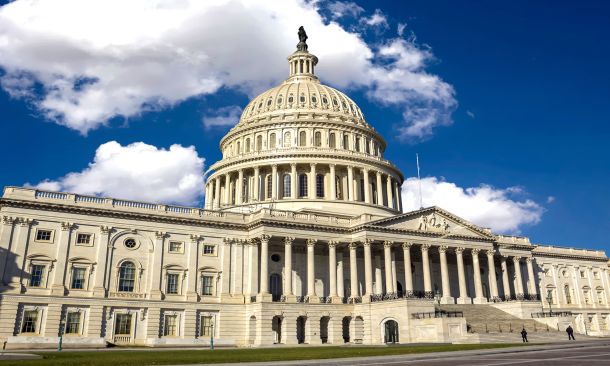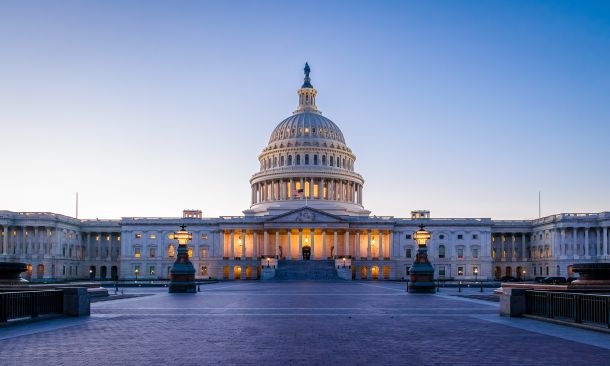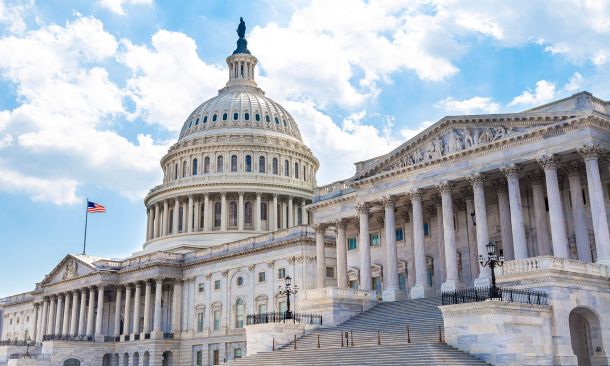Feb 8, 2024
Antitrust: A Credit Manager’s Duty to Preserve Competition
Competition creates significant consumer benefits, including increased innovation, efficiency, variety, quality and lower prices. Antitrust laws, which prevent companies from unfairly dominating markets or stifling competition, ensure that customers have options.
Why it matters: Understanding and complying with antitrust laws is essential in the credit industry to preserve competition, prevent violations that could lead to severe penalties including fines and imprisonment, and maintain a company’s reputation and future business opportunities.







